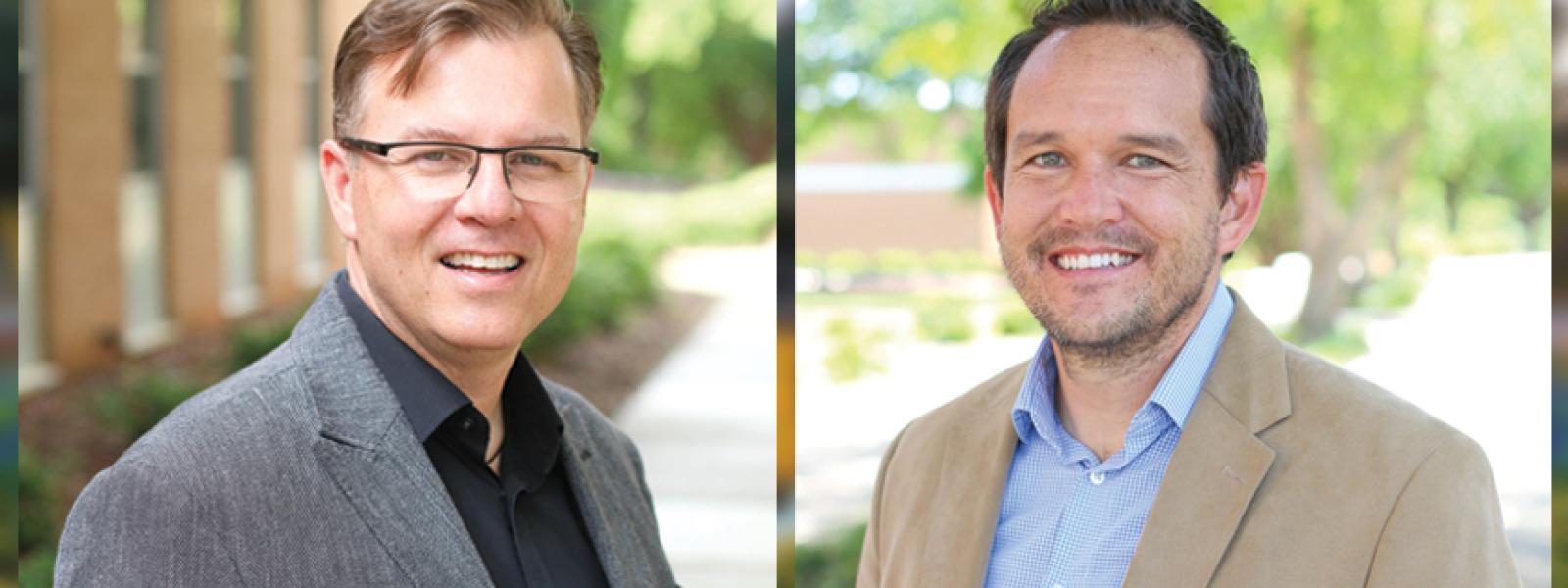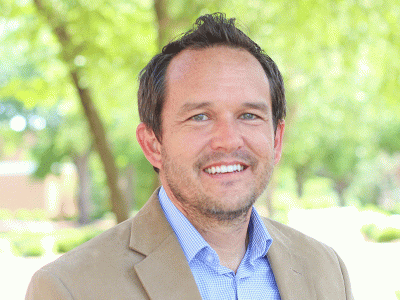Professor offers tips on dialoguing with Muslims — from an eighth century bishop


Dr. Trevor Castor
CIU professors contribute to The History of Apologetics
Columbia International University Intercultural Studies Professors Dr. Trevor Castor and Dr. Ed Smither have teamed up for a chapter on apologetics in the medieval period as part of the new book, “The History of Apologetics” published by Zondervan.
The book follows the great apologists in the history of the church to understand how they approached the task of apologetics in their own cultural and theological context. Each chapter looks at the life of a well-known apologist from history, unpacks their methodology, and details how they approached the task of defending the faith.
For Castor and Smither, that person is Timothy of Baghdad, a bishop who lived from 727-823 and is known for his dialogue with a Muslim spiritual leader. Castor discusses his interest in Timothy of Baghdad and what we can learn from him nearly 1,300 years later in this Q&A.
Who was Timothy of Baghdad, and why do you think it was important to include him in the book’s section on Medieval Apologists?
I had studied Muslim-Christian relations for about 10 years when I came across an Eastern Church Patriarch named Timothy of Baghdad. I am not exaggerating when I say that almost every original idea I thought I had concerning Muslim-Christian relations, I found in Timothy’s work. This was both disheartening and encouraging. Disheartening because I wish I had read it a long time ago and encouraging because I felt somewhat connected to a brother in Christ from the eighth century.
Timothy was appointed bishop in the Eastern Church in 762. At this time, much of the Christian world lived under Muslim rule which was centralized in the city of Baghdad in the form of a caliphate. The title Caliph is meant to imply that a person is a successor to the Prophet Muhammad and has spiritual and temporal authority to lead the Muslim community or Ummah. The Caliph in power at the time of Timothy was a man named Al-Madhi. Timothy documents how he spent two days with Al-Mahdi discussing the teachings of the Christian faith. His account of the two-day encounter is tilted, “The Apology of Timothy the Patriarch before the Caliph Mahdi.” This document becomes somewhat of a training manual for Muslim-Christian dialogue for the Eastern Church.
In what way is he a model for dialogue with Muslims?
Since the advent of Islam, Muslims and Christians have been in dialogue. This ongoing interaction throughout history has been, at various times, both peaceful and violent. However, it is often the visceral and antagonistic “clash of civilizations” narrative that recruits the imagination of both Christians and Muslims in the 21st Century. This in turn overshadows moments of peaceful coexistence between the Abrahamic faiths where peaceful discourse flourishes. Considering Muslims and Christians make up half of the world’s population, it seems imperative that we find ways to both peacefully coexist, dialogue, and maintain commitment to what we believe. These principles are not mutually exclusive.
It is possible for Muslims and Christians to have mutual respect and understanding of one another while still proclaiming what we believe to be the truth. This is something that Timothy did quite well in his two-day encounter with the then leader of the Muslim world. Timothy’s approach is reminiscent of the Apostle Paul speaking to the philosophers in Athens (Acts 17:16-34). While Timothy is greatly distressed concerning differences of beliefs, he goes out of his way to affirm what is true concerning the Caliph, even referencing him “God loving King.” Timothy goes to great lengths to build bridges to the gospel while at the same time refusing to compromise Christian orthodoxy. He does not get sidetracked concerning whether or not the two are discussing the same God. For Timothy, there is only one God and one Lord Jesus Christ (1 Corinthians 8:6).
It is the Muslim and Christian mutual belief in the eternal nature of God that is the starting point for Timothy. He was also well aware of the differences between Islam and Christianity; yet he postured himself as a fellow seeker of truth. Timothy likened spiritual truth to a pearl that had fallen on the ground in a dark house. Muslims and Christians alike are seeking that truth and trusting that when light enters the house, they will possess it. Timothy demonstrates well the principle of understanding where someone is coming from before offering a new way of being.
What kind of questions did he have to answer from Muslims in his day?
Surprisingly, I have heard almost every question the Caliph asked Timothy nearly 1,300 years ago! I guess not much has changed regarding Muslim objections to the Christian faith. The Caliph wanted to know why Jesus is called the “Son of God” and why Timothy believed that Jesus died since the Qur’an seems to indicate that Christ escaped the cross. He also wanted an explanation as to how Christ can be both human and divine.
Of course, there was significant discussion concerning the Trinity. This is, and always has been, a stumbling block for Muslims accepting the gospel.
Finally, the Caliph wanted to know why Timothy did not believe that Muhammad was prophesied about in the Bible. This is a common belief and it is mentioned in the Qur’an saying: “Those who follow the Messenger [Muhammad], the unlettered prophet, whom they find written in what they have of the Torah and the Gospel…” (7:157). Many Muslims believe that the prophecies about Jesus in Deuteronomy 18:18 and the Holy Spirit in the Gospel of John are actually about Muhammad. As is often the case in Muslim-Christian dialogue, the disagreements between Timothy and the Caliph are the result of differences in their revelations.
What can we specifically apply to today that Timothy used in apologetics in his day?
We can be winsome and loving in our approach to Muslims while at the same time not compromise the distinctives of our Christian faith. Timothy finds common ground when he can, but never hedges on the claims of Scripture which he believes to be the truth. When asked a question, he always defers to revelation first. Timothy focuses on what both the Old and New Testaments say concerning Christ and God’s plan for redemption through Him.
Timothy also admits that there are aspects of our faith that we simply accept as a mystery, this is particularly true when he speaks about the Trinity. Timothy is compelled to believe in the Trinity not because it is reasonable, but rather because it is what the Scripture teaches.
Some who love apologetics may find Timothy’s appeal to faith in the mysterious intellectually unsatisfying. If that is the case, perhaps we should reconsider how we understand the process of conversion. If conversion is an intellectual or cognitive ascent, then Timothy’s lack of clarity in proving Divine claims may be troubling. However, if conversion is a process of spiritual illumination, then his appeal to the mystery of God is comforting. Timothy knows that information about Jesus is simply not enough and that even the most winsome arguments for Christ will convince no one unless the Holy Spirit enlightens them. Consider Peter’s confession in the gospel (Matt. 16:13-20). It is through revelation from the Father that Peter comes to confess the true identity of Jesus. We must begin with the presupposition that our Muslim friends are blind rather than ignorant to the true identity of Jesus. It is only when the scales are removed will they see and discern spiritual matters clearly (Acts 9). Peter is actually a good example when thinking about your Muslim friends beliefs concerning Christ. Most Muslims believe that it was not befitting for Christ to die by crucifixion and therefore Allah saved him from the humiliation of the cross. I believe the apostle Peter had a similar reaction when Jesus tells him how he must suffer and be killed saying “Never Lord!”
How can CIU’s new Master of Arts in Muslim-Christian Relations assist in Christian apologetics?
We have the Zwemer Center for Muslim Studies here at CIU. This center has been around since 1979. In other words, the Zwemer Center was doing Muslim-Christian relations before it was cool! We have access to some of the best Christian scholars of Islam in the world. One thing that sets us apart, is our commitment to not painting Muslims or Islam with broad brush strokes. Similarly to Christianity, the Muslim world is incredibly diverse and we don’t want our students to bear false witness by generalizing 1.7 billion people or a faith that is over 1,300 years old.
We are committed to teaching students to get to know Muslims in addition to the Qur’an and to make a clear distinction between Islam and Muslims. We give students the tools they need to be able to conduct research and engage with Muslims in whatever setting God calls them to participate.
There is a significant need for people with this particular expertise, just turn on the evening news if you don’t believe me. It seems as though everyone is talking about Islam and Muslims but so few have taken the time to study the topic. I always tell my students, it’s not a bad idea to have a master’s degree in something that encompasses more than half the world population! If you want to hear some of what we do, check out the Zwemer podcast “Truth About Muslims” at www.zwemercenter.com.

